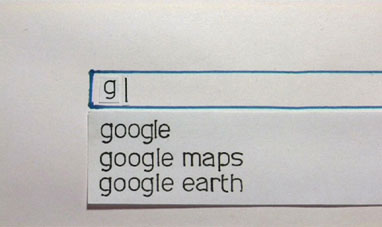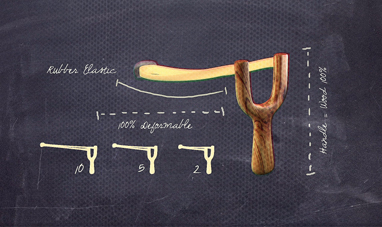The uncertainty principle was discovered by german physicist Werner Heisenberg in 1927. The principle states that it is impossible to measure both position and momentum completely accurately at the same time. Its implications proved revolutionary. Heisenberg was born in Würzburg, Germany, in 1901. After studying physics at the University of Munich, he began exploring the structure and function of the atom. At the beginning of the twentieth century, the atom was the object of intense studies. Heisenberg was aware of the most innovative theories, and was particularly interested in quantum theory, originated in 1900 by German physicist Max Planck. According to this theory, radiated energy does not flow uniformly but jumps. It is formed by quanta, or “units” of energy that travel through space. Heisenberg understood how innovative the quantum theory could be for studies of the atom, and relocated to Copenhagen in 1924 in order to collaborate with Danish physicist Niels Bohr. Together they developed quantum mechanics, which soon undermined many of the certainties of traditional physics.
In further exploring how the atom works, Heisenberg studied the properties of its component particles. As with any other object in existence, in order to determine the movement of a particle, science requires a precise measurement of its position and momentum. But during his research, Heisenberg found that this was impossible with infinitesimally small objects, because the observation itself interfered with the behavior of the objects under observation. To analyze a particle’s position, a ray of light must be projected onto it. Light, in turn, is formed by particles called photons, which interfere with the particles of the atom being observed, altering their impulse and therefore their momentum. Heisenberg concluded that the more precisely the position of a particle is measured, the less precisely its momentum is known, and vice-versa. The same principle applies to other measurable entities like energy and time. This was how, in 1927, Heisenberg formulated the uncertainty principle [1927], which states that it is impossible to gain knowledge of all an object’s properties simultaneously.
Consequently, the physical universe as we know it is the result of a set of probabilities that occur in our observations. The resulting knowledge is considered probabilistic. This principle is one of the pillars of modern physics. But its importance goes beyond physics, affecting all aspects of the knowledge process. Heisenberg himself analyzed the implications of his research on other realms of knowledge in the book Physics and Philosophy. One of the most important implications in daily experience is the impossibility of acquiring objective, complete and impartial knowledge of a phenomenon if the observer doesn’t first know how he or she interferes with the object under observation.
In further exploring how the atom works, Heisenberg studied the properties of its component particles. As with any other object in existence, in order to determine the movement of a particle, science requires a precise measurement of its position and momentum. But during his research, Heisenberg found that this was impossible with infinitesimally small objects, because the observation itself interfered with the behavior of the objects under observation. To analyze a particle’s position, a ray of light must be projected onto it. Light, in turn, is formed by particles called photons, which interfere with the particles of the atom being observed, altering their impulse and therefore their momentum. Heisenberg concluded that the more precisely the position of a particle is measured, the less precisely its momentum is known, and vice-versa. The same principle applies to other measurable entities like energy and time. This was how, in 1927, Heisenberg formulated the uncertainty principle [1927], which states that it is impossible to gain knowledge of all an object’s properties simultaneously.
Consequently, the physical universe as we know it is the result of a set of probabilities that occur in our observations. The resulting knowledge is considered probabilistic. This principle is one of the pillars of modern physics. But its importance goes beyond physics, affecting all aspects of the knowledge process. Heisenberg himself analyzed the implications of his research on other realms of knowledge in the book Physics and Philosophy. One of the most important implications in daily experience is the impossibility of acquiring objective, complete and impartial knowledge of a phenomenon if the observer doesn’t first know how he or she interferes with the object under observation.






































